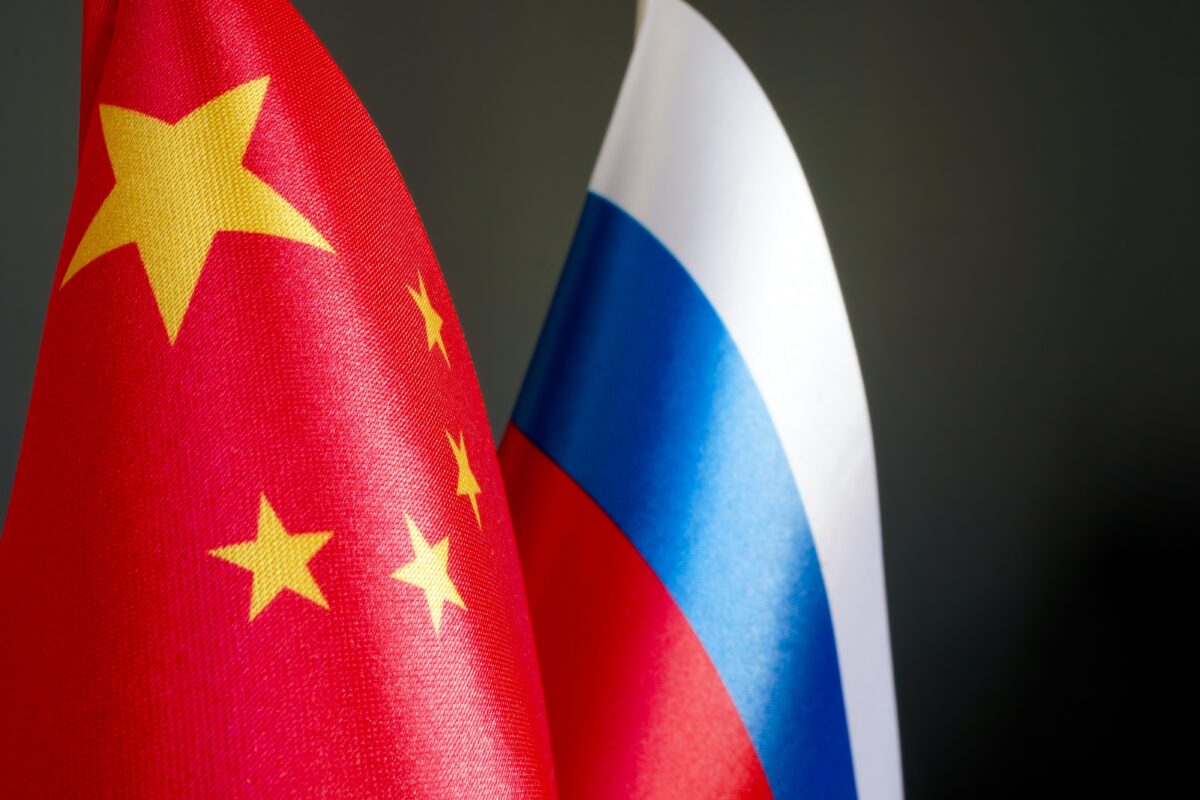In the wake of Russia’s attack on Ukraine, Putin’s Russia is more internationally isolated than ever before. Over the past year, Russia has thus invested considerable diplomatic resources in glossing over this effect of its war of aggression. Authoritarian peer-to-peer visits have become a central element of Moscow’s public diplomacy strategy. Last week, China’s President Xi Jinping visited Moscow, thereby fuelling suspicions about China’s role vis-à-vis Russia’s revisionist and expansionist foreign policy – and raising further questions about China’s own intentions.
In their new Hybrid CoE Research Report, Russia and China as hybrid threat actors: The shared self-other dynamics, Jukka Aukia and Lucjan Kubica from Hybrid CoE analyze the domestic factors behind Russia’s and China’s respective foreign policy conduct. Their analysis shows that there are striking similarities in the two countries’ strategic cultures. Hence, what we are seeing in Sino-Russian cooperation today, they argue, is much more than a marriage of convenience.
The growing alignment in bilateral relations is based on mutual interests, especially to redress what they perceive as grievances. Both Beijing and Moscow hunger for a renewed geopolitical superpower status. Thus, they feel unduly constrained by an international order in which all states are entitled to equal and sovereign rights. As we have witnessed in Ukraine, this is all the more true in areas that are perceived as a ‘sphere of influence’. The goal of their nascent alliance is clear: a world order favouring authoritarianism – at the expense of democracies whenever necessary and possible.
A shared legacy of authoritarianism is also used by Russia’s and China’s strongmen to stifle domestic dissent, which they see as stemming from “Western values”. These values include democracy, but also universal values such as human rights, and the rule of law. In general, the so-called West is perceived by the leaderships in both Beijing and Moscow as the biggest external threat to their regimes, their cultures, and their ‘way of life’.
Despite an array of non-aligning interests, which the authors discuss, and of differences that may materialize in the long run, both China and Russia project their ideas of great power competition onto the West. In line with their strategic risk assessments, and in an effort to maintain legitimacy, they resort to hybrid threat activities against Western democracies – a trend which will likely intensify in the future.
The full research report can be downloaded here, an overview of the main findings can be found here.



